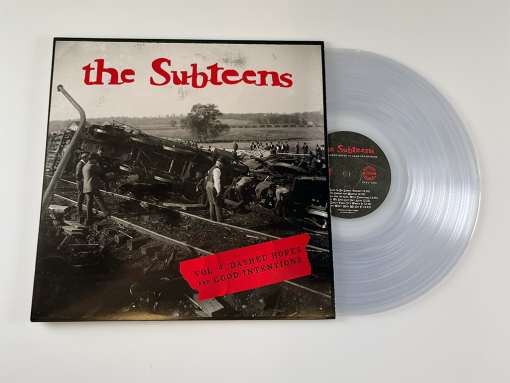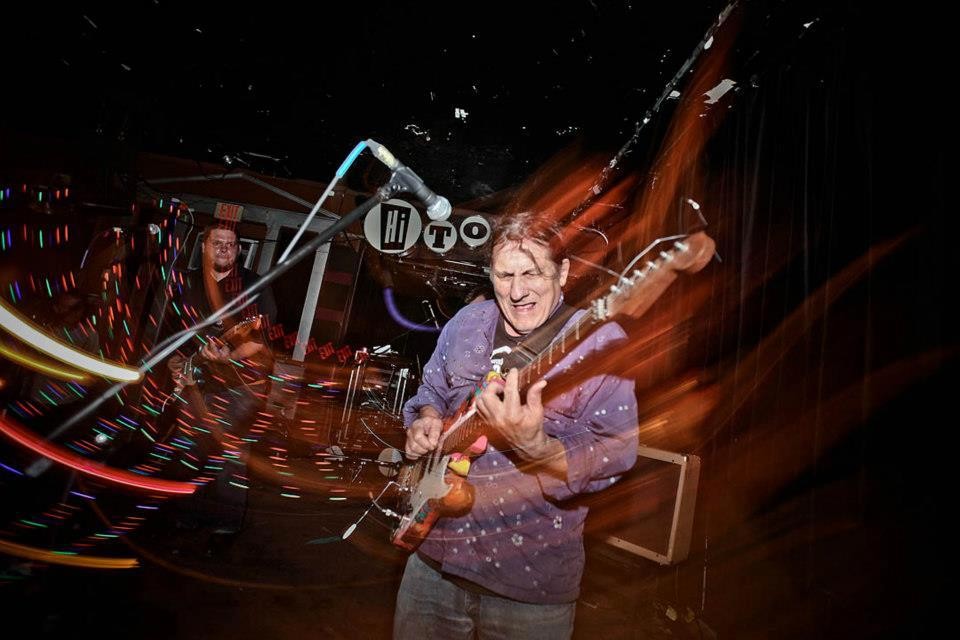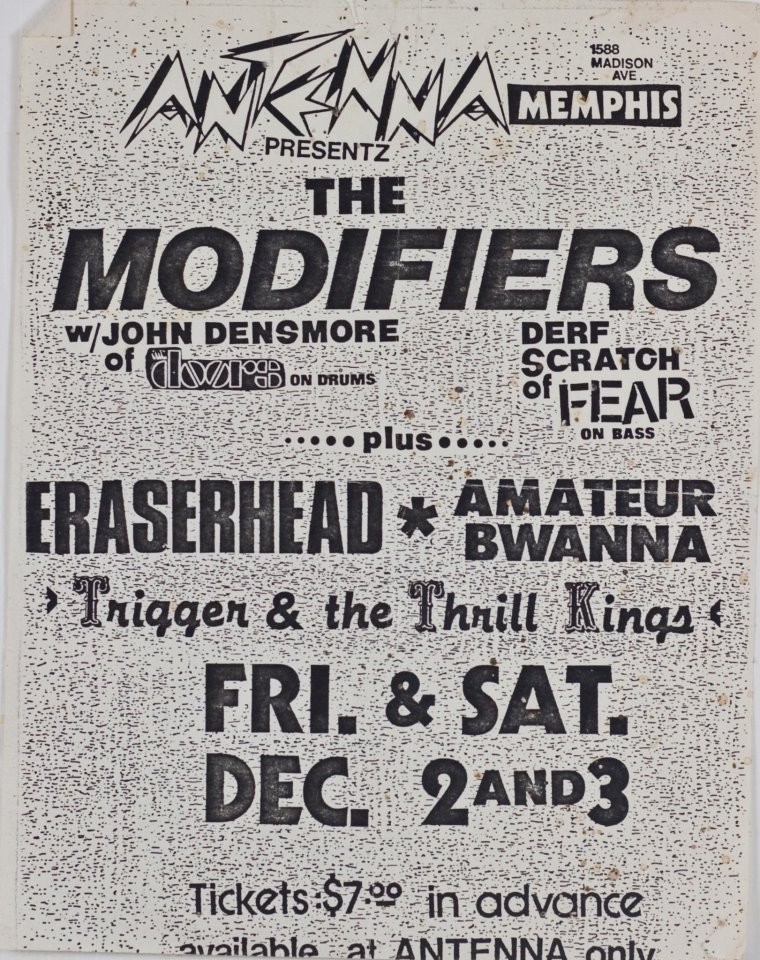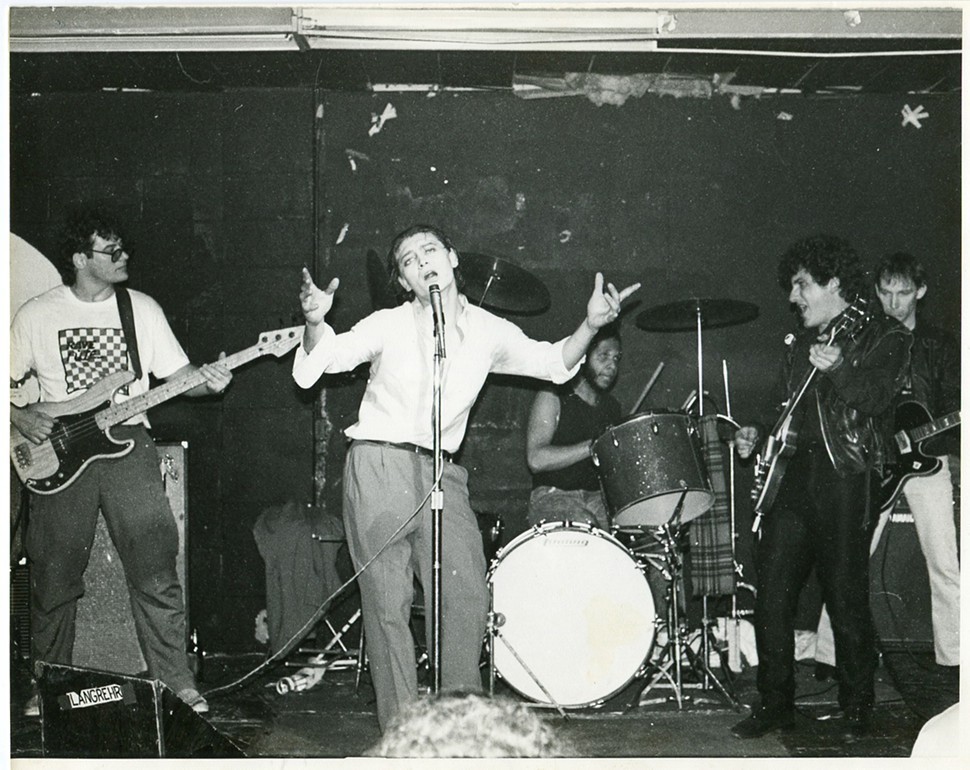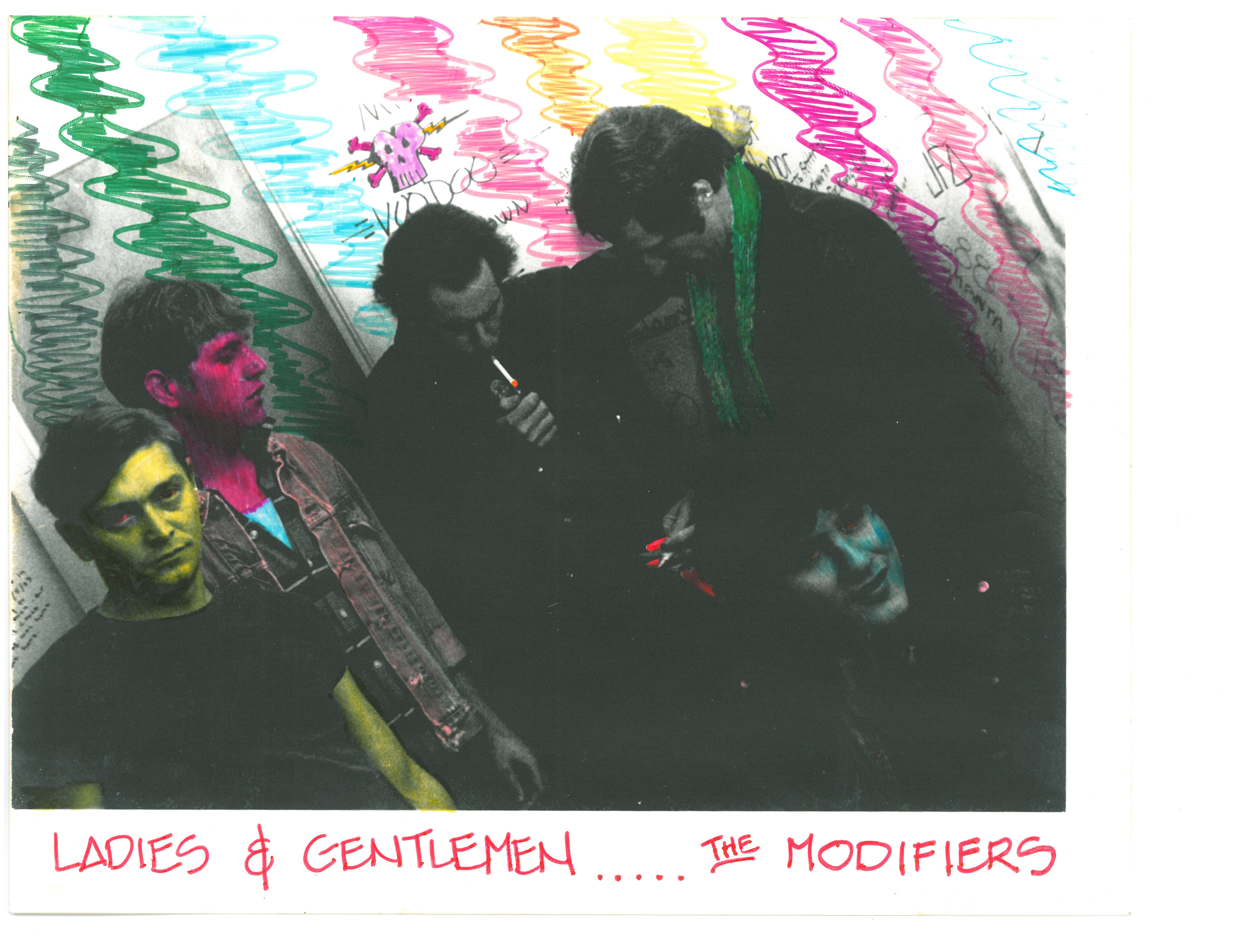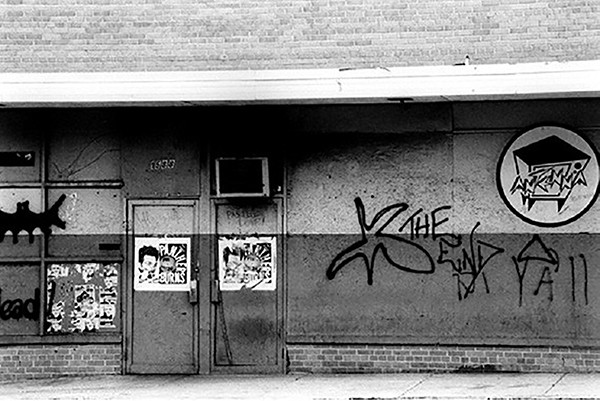It’s quite appropriate that the return of the Subteens, via their first album in 18 years, is happening just as the Indie Memphis Film Festival celebrates the ten year anniversary of Antenna, the documentary on the famed club of the same name. But that’s not because the Subteens played there — they formed the same year the fabled venue was shuttered. It’s more because that group has perfected a sound that somehow defines not only the Antenna Club but the whole bedrock ethos of Midtown Memphis rock and roll.
I call it that “Bastards of Young” sound, after the classic Replacements song: big, broad, propulsive anthems, driving riffs, and soaring solos that offer portraits from an underground community teetering between hope, exultation, rage, and despair. It’s a huge, pounding rock sound carried on by diverse bands here, from those Antenna Club godfathers, the Modifiers, to the Psychic Plowboys, to Neighborhood Texture Jam, and beyond.
A band need not sound like the Replacements to capture that sound, as the Subteens demonstrate. Rather, they have a few extra dollops of the Damned or the Ramones, with those bands’ tighter focus and lack of drunken antics. The Subteens — Mark Akin, John Bonds, and Jay Hines — have a sound all their own, and it’s welcome news that their latest release, Vol. 4: Dashed Hopes & Good Intentions (Back to the Light), presents and preserves that sound in all its glory.
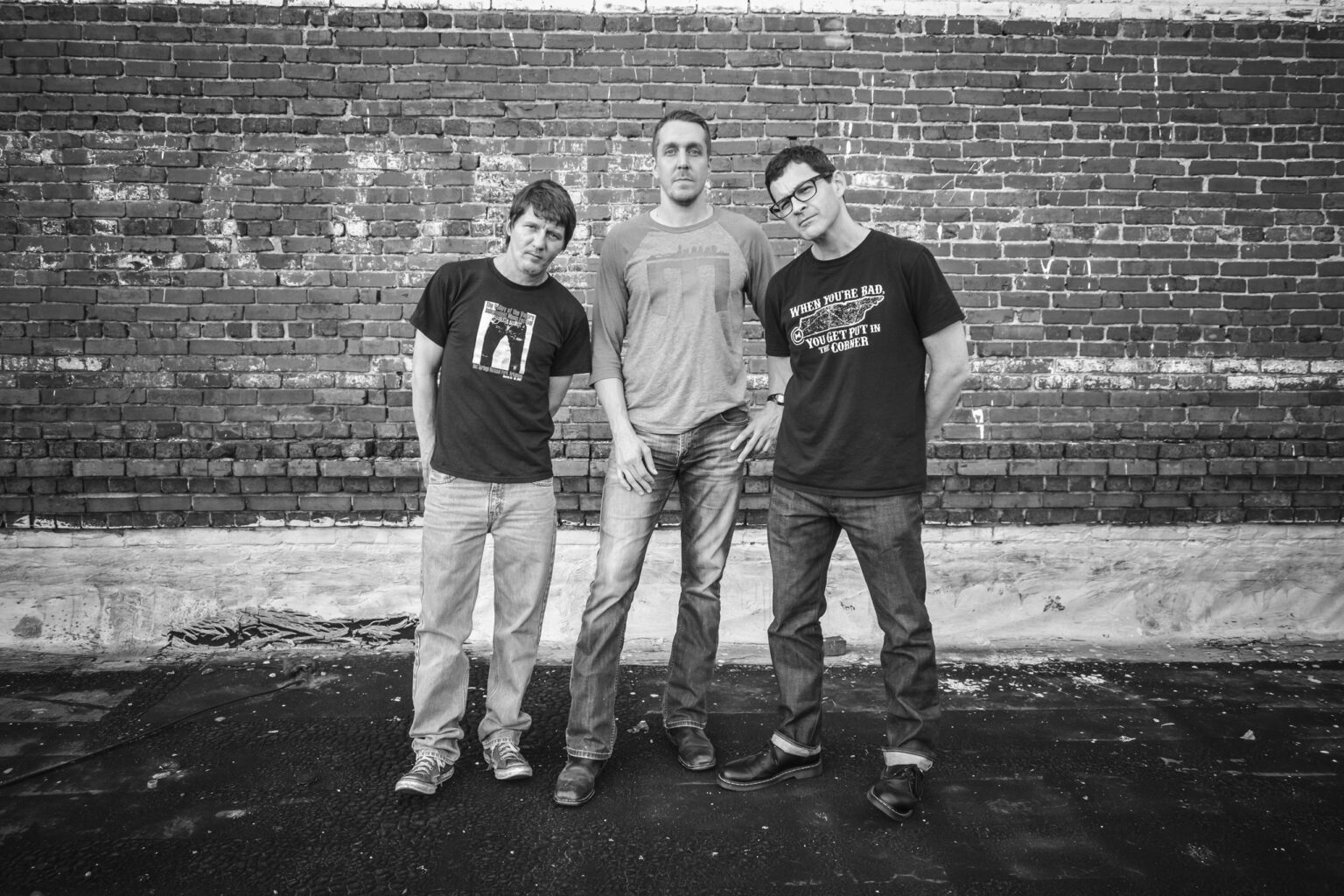
“You spend your free time running away/Now the loneliness is coming to stay, but/I believe in you/Even though you won’t hear me say it,” Mark Akin sings on side one’s closer, conjuring up a whole world of friends on the fringe, and what passes for affection among us.
There is much hard-won wisdom in these songs. “If we ever get out alive I’m going to tell you how I feel,” runs the title and first line of a personal favorite from the LP. Those awkward barriers to communication recur in this song, this time because “it’s hard to believe it’s real.” There’s a sense of leaning into one’s adulthood in these songs, despite the surreal quality of life. But here, that doesn’t sound like mellow country rock ballads. It sounds like someone stomping a hubcap back on a fixed flat and rolling on, gunning a rumbling engine of indomitable riffs.
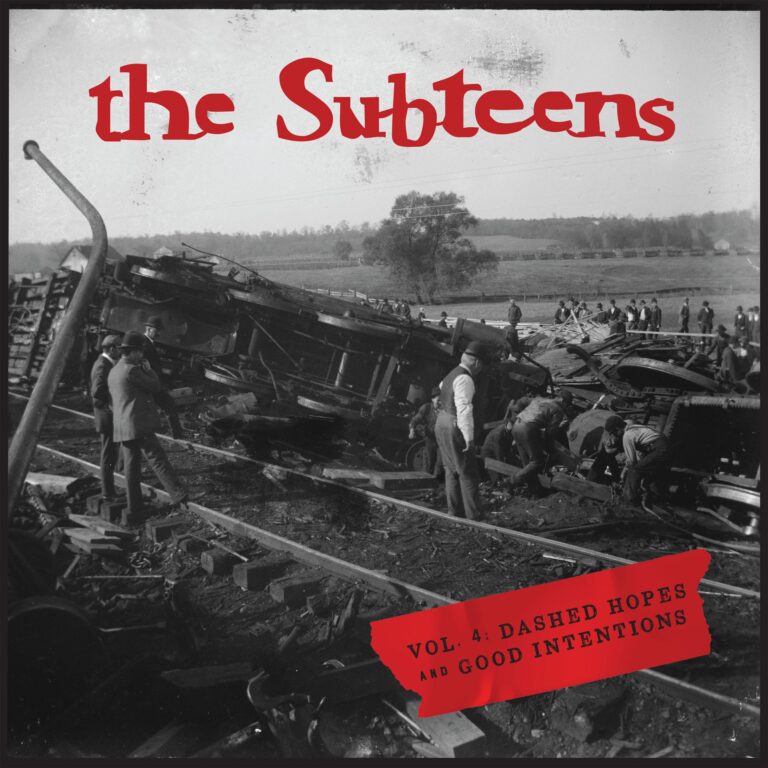
The production is spot-on, a rock band in your face, stripped of most of the effects so readily available these days. Yet the songs are arranged with great care, the occasional background and doubled vocals helping choruses punch through. Overall, the mix favors parts that jump out with a bit of drama, as when a ripping guitar solo leaps from the speakers in “If We Ever Get Out Alive.” It’s a difficult trick to pull off without irritating the mastering engineer.
And it’s yet another sign that producer J.D. Reager is guaranteeing down to earth, imaginative, rocking good times under his Back to the Light imprint. That’s all the more true because this LP is being released alongside a solo album by Reager himself, Where Wasn’t I? But that’s another story.
Both albums will be celebrated at a double record release show at the Hi Tone, featuring the Subteens, J.D. Reager, and Seize & Desist, Friday, October 14, 9 p.m. $10.
